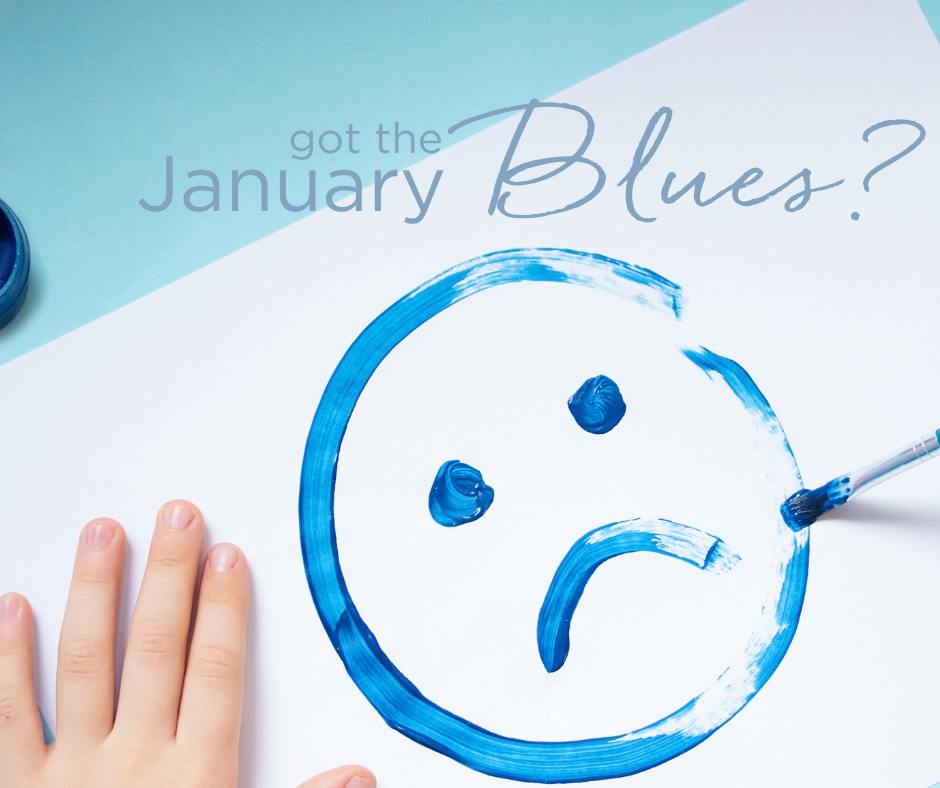
The start of a new year can often bring a wave of emotional challenges. At Living Bridges Therapy Collective, a Kamloops-based counselling service, we understand that many people struggle with feelings of low mood, anxiety, and fatigue during January, often referred to as the “January Blues.” This emotional state can be linked to post-holiday fatigue, shorter days, colder weather, and the peak of Seasonal Affective Disorder (SAD).
Understanding and managing these feelings is essential for overall well-being. Here are some strategies to help you or your loved ones cope during this time.
What Are January Blues?
January Blues affect people differently but are commonly characterised by feelings of:
• Depression and low mood.
• Anxiety.
• Guilt and shame.
• Fatigue and low energy.
• Reduced self-esteem.
These feelings often arise after the excitement of the holidays fades, with social event fatigue, a return to regular routines, and darker, colder days contributing to the emotional shift.
It’s Normal to Experience Low Mood
The first thing to remember is that experiencing a low mood during this time is completely normal. Emotions fluctuate, and allowing yourself the space to feel without self-criticism is important. However, there are several proactive steps you can take to support your mental health during this period.
1. Practice Gratitude
Focusing on positive aspects of life can be a powerful tool for shifting your mindset. Gratitude has been shown to alter neural pathways, promoting a focus on positive rather than negative experiences.
How to practice gratitude:
• Write down five things you’re grateful for each day.
• Reflect on positive moments during your day.
• Take a moment to appreciate your surroundings or the people in your life.
2. Stay Active and Get Sunlight
Physical activity and sunlight exposure are natural mood boosters. Exercise helps reduce symptoms of depression and anxiety while improving self-esteem and cognitive function. Sunlight, on the other hand, plays a crucial role in regulating serotonin and melatonin levels, which affect mood and sleep patterns.
Tips for staying active:
• Take a 30-minute walk outdoors daily.
• Try light stretching or yoga by a window.
• Engage in outdoor activities that you enjoy.
3. Limit Social Media Use
While social media can be a useful tool for staying connected, excessive use can also contribute to anxiety, depression, and poor sleep quality. The constant comparison and negative content can promote an unhealthy mindset.
How to detox from social media:
• Reduce screen time to 30 minutes a day.
• Avoid phone use for at least 30 minutes before bed.
• Curate your feed to include positive and uplifting content.
4. Track Your Social Battery
Different personalities handle social interaction differently. Some may feel lonely after the holidays, while others may experience social exhaustion. Understanding your social needs is crucial to finding balance.
For those feeling lonely:
• Schedule coffee dates or virtual calls with friends and family.
• Join community groups or local events for connection.
For those feeling socially exhausted:
• Prioritize self-care activities like journaling, reading, or meditation.
• Set boundaries for social commitments.
5. When to Seek Support
If your feelings of low mood or anxiety persist or worsen, seeking professional support can be a valuable step. Living Bridges Therapy Collective provides compassionate counselling services tailored to your needs.
Contact us at:
(250) 554-4747
admin@livingbridges.ca
Remember, you’re not alone in facing the January Blues. By practising gratitude, staying active, managing screen time, and seeking support when needed, you can navigate this challenging season with resilience and care.
If you need more personalized support, reach out to Living Bridges Therapy Collective in Kamloops today.

